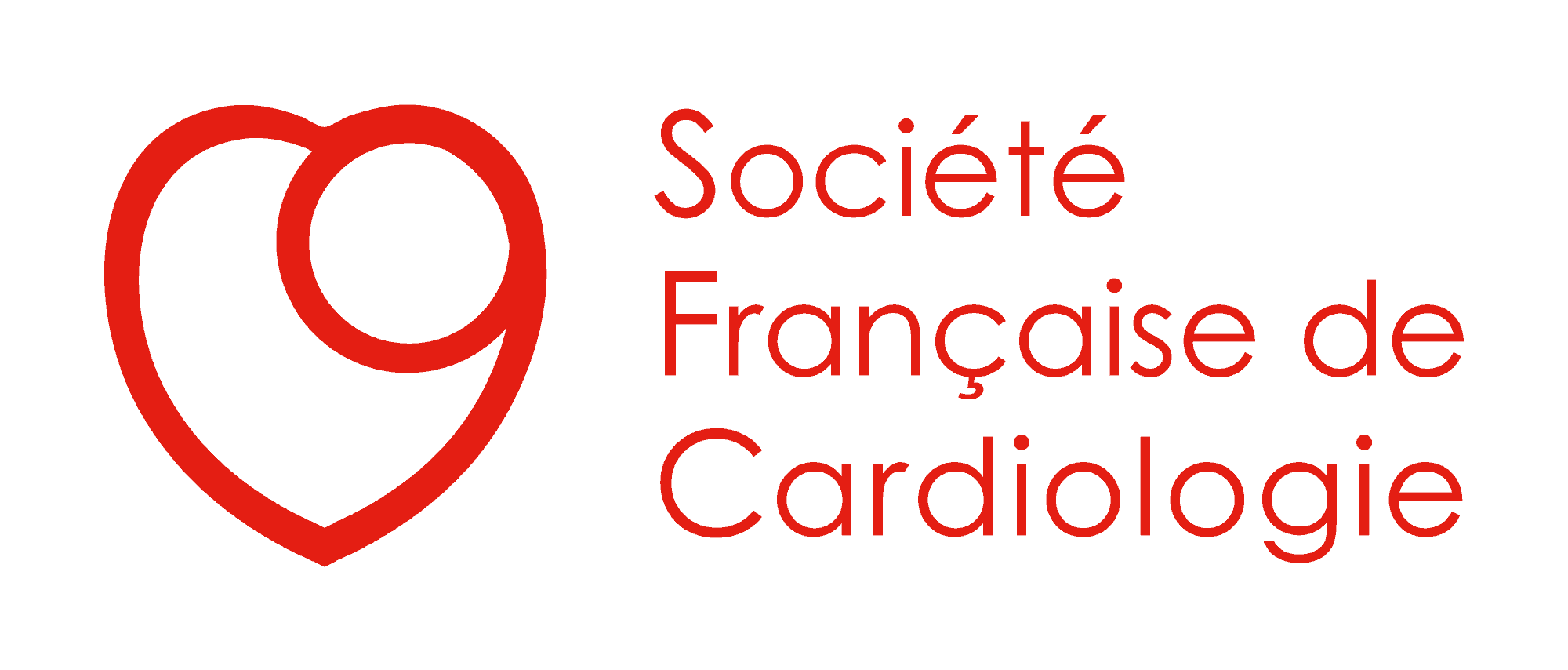Suivez-nous sur les réseaux sociaux !
Retrouvez les articles immanquables des Archives of Cardiovascular Diseases, revue scientifique mensuelle en anglais de notoriété internationale.
Voici un aperçu rapide des sujets abordés dans cette publication :
Dernières publications
Publications
Outpatient healthcare utilization 30 days before and after hospitalization for heartfailure in France: Contribution of the national healthcare database
Voici un aperçu rapide des sujets abordés dans cette publication :
Archives of Cardiovascular Diseases | Article du mois – Juillet 2020
Sarah F Feldman, Thomas Lesuffleur, Valérie Olié, Christelle Gastaldi-Ménager, Yves Juillière, Philippe Tuppin
Summary
Background
Guidelines have been published concerning patient management after hospi-talization for heart failure. The French national healthcare database (Système national desdonnées de santé; SNDS) can be used to compare these guidelines with real-life practice.
Aims
To study healthcare utilization 30 days before and after hospitalization for heart failure,and the variations induced by the exclusion of institutionalized patients, who are less exposedto outpatient healthcare utilization.
Methods
We identified the first hospitalization for heart failure in 2015 of adult beneficiariesof the health insurance schemes covering 88% of the French population, who were alive 30 daysafter hospitalization. Outpatient healthcare utilization rates during the 30 days after hospital-ization and the median times to outpatient care, together with their interquartile ranges, weredescribed for all patients, and for a subgroup excluding institutionalized patients.
Results
Among the 104,984 patients included (mean age 79 years; 52% women), 74% werenon-institutionalized (mean age 78 years; 47% women). The frequencies of at least one consul-tation after hospitalization and the median times to consultation were 69% (total sample) vs.78% (subgroup excluding institutionalized patients) and 8 days (interquartile range 3; 16) vs. 7days (3; 15) for general practitioners, 20% vs. 21% and 14 days (7; 23) vs. 16 days (9; 24) forcardiologists and 58% vs. 69% and 3 days (1; 9) vs. 2 days (1; 7) for nurses, with reimbursementof diuretics in 77% vs. 86%, angiotensin-converting enzyme inhibitors or angiotensin II receptorblockers in 48% vs. 55% and beta-blockers in 55% vs. 63%. Departmental variations, excludinginstitutionalized patients, were large: general practice consultations (interquartile range 74%;83%), cardiology consultations (11%; 23%) and nursing care (68%; 77%).
Conclusions
Low outpatient healthcare utilization rates, long intervals to first healthcareutilization and departmental variations indicate a mismatch between guidelines and real-lifepractice, which is accentuated when including institutionalized patients.
Keywords
Guidelines; Heart failure; Hospitalization; Observational study; Outpatient care
Abbreviations
ACE/Angiotensin-converting enzyme; ALD/Affection de longue durée (long-term disease); ARB/Angiotensin II receptor blocker; HF/Heart failure; ICD-10/International Classification of Diseases, 10th revision; ICU/Intensive care unit; IQR/Interquartile range; SNDS/Système national des données de santé (national healthcare database)
© 2020 Elsevier Masson SAS. All rights reserved.
Partagez cet article :
Partagez cet article :
Written by : SFC
Plus de publications de la SFC

CARDIOLOGIE PÉDIATRIQUE Congenital Heart Disease transition practices in the United States: a survey of [...]

INTELLIGENCE ARTIFICIELLE New Threshold for Defining Mild Aortic Stenosis Derived From Velocity-Encoded MRI in [...]




